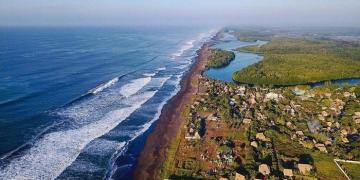Conservation plan built on local and scientific knowledge
Consultative establishment of protected area sites
Continued collaboration between all stakeholders
Coordinated monitoring of protected areas
Overseeing implementation of the network
Support in developing alternative livelihoods
